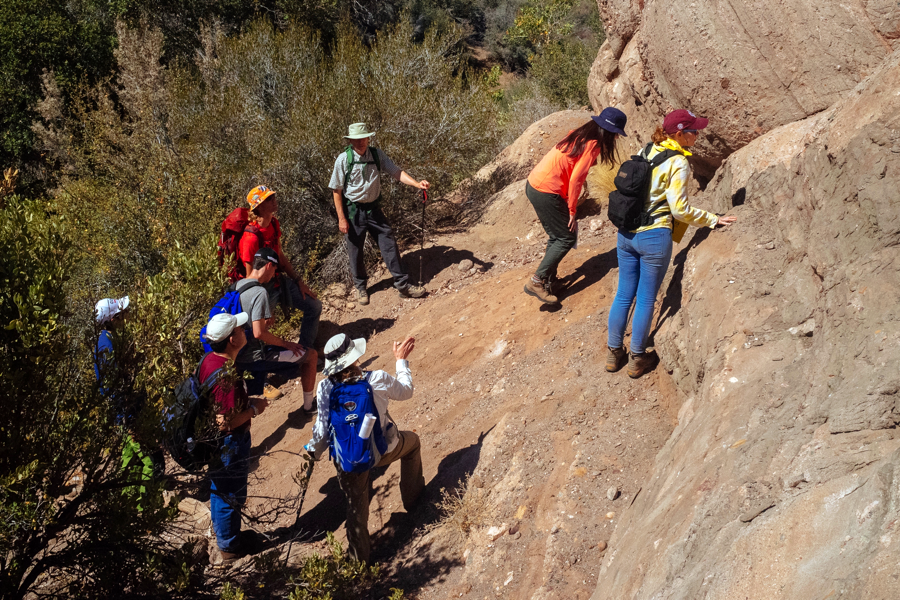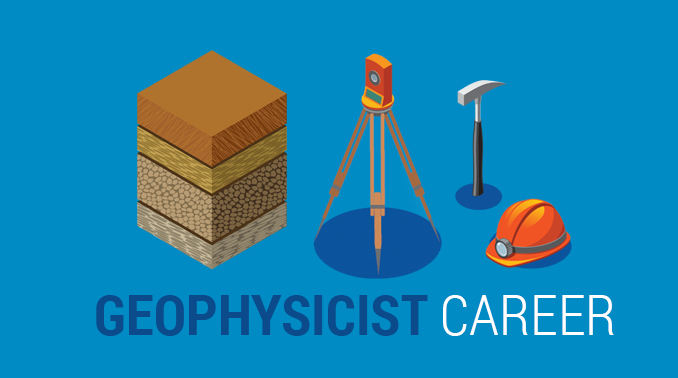All Categories
Featured
Table of Contents
How To Become A Geophysicist in Parkwood Oz 2020
This work is significantly contracted out, so consultancies offer another source of employment. Consultancy firms differ in size, from very small companies to big multinationals. Some consultancies are rather specialised in utilizing particular geophysical methods or operating in particular locations, while others offer a more diverse series of services to their customers.
The extraction of gas from garbage dump websites is another location of employment and this may grow in the future. Expedition companies may carry out work for building and construction companies, public utility, mining business and environmental firms, so geophysicists might be employed in any of these settings. Other employers consist of: geological surveysgovernment bodies and agenciesuniversities and research institutes.


Vacancies might be listed in the oil and gas sector press. Recruitment is impacted by oil price changes and the level of competition for positions varies depending on this. Careers Days, which cover the full variety of geoscience careers and are typically gone to by a number of key market companies, are run by The Geological Society.
Geophysicist - Jobs And Skills Wa in Mariginup Oz 2023
Some of the big oil and gas business provide a full two-year structured training program across the breadth of geophysics, including the opportunity to experience work in various groups prior to specialising in one location. Your training may include deal with: existing wellsmagnetic and gravitational potential field data analysisresearchrock analysis. Nevertheless, it's more usual for your preliminary training to be supplied on the job.

There might be a probationary period during which you work together with a knowledgeable associate. Competency-based appraisals happen frequently in the majority of firms. In smaller sized companies, and for scholastic posts, there is unlikely to be any official training - you'll be expected to start work straightaway and pick up abilities as you go along.
If you work for a smaller company, you may find that you need to take responsibility for setting up and moneying your own advancement and training. If you have a geology degree, membership of The Geological Society can be helpful for networking and for keeping up to date with the industry.
Geophysical Survey - Plaza Of The Columns Complex in Carmel Australia 2021
You might likewise discover it useful to join the PESGB (The Petroleum Exploration Society of Great Britain, which has a geophysics special interest group. After a probationary duration, and when you've acquired some experience, you might progress to senior geophysicist, then team leader and after that into a senior role in management.
The ease of movement between roles depends on the company structure. Research study at Masters or Ph, D level in a subject related to geophysics or geosciences might aid with your profession advancement and progression. The employment market within the oil and gas market is very depending on rate and this may impact your chances for profession progression.
For experienced geophysicists, freelance consultancy offers a great path for profession development. As a geophysicist, you're most likely to have a number of tasks throughout your working life.
Where Can A Geophysicist Work Other Than The Oil Industry? in Helena Valley Australia 2023
From geophysics, it's possible to focus on seismology (finishing additional training to end up being a seismic interpreter) or to move into related areas such as engineering geology or danger forecast.
Deciding what to study in college is a tough option. Even if you understand that your field of interest lies in science, what program of study is right for you?
The first action to accomplishing your objective of becoming a geophysicist is earning a degree. Even for entry-level positions in the field of geoscience, you'll require a bachelor's degree (a geophysicist college degree) from an accredited college or university. Some research study positions require prospects to hold master's degrees and even Ph.
Geophysical Survey - Salisbury Archaeology in East Perth WA 2023
Doctoral degrees are particularly essential if you prepare to teach at a four-year institution. Geophysicists apply physics ideas and strategies to study the gravitational, magnetic, and electrical fields of the earth. This enhances scientists' knowledge of both the planet's interior core and its surface. Geophysicists need to be able to: analyze rocks, photographs, and other pieces of data conduct research study both in the field and in labs produce maps and charts of their findings write reports To accomplish all this, students need a specialized education for geophysicist professions.
As mentioned above, you'll need a bachelor's degree in geoscience or a related discipline, such as a physical science or a life sciences, to land an entry-level task. Trainees can likewise prepare by majoring in topics like: Biology Chemistry Computer science Engineering Mathematics Physics The above geophysicist majors offer a more generalized technique to a single scientific discipline, however a lot of programs require trainees to take one or more geology course.
Table of Contents
Latest Posts
Geophysical Survey - Mining Fundamentals in Mahogany Creek Aus 2023
How To Become A Geophysicist in South Fremantle Oz 2022
Field Geophysicist - Parsons Careers – Engineered Systems in Ballajura Aus 2021
More
Latest Posts
Geophysical Survey - Mining Fundamentals in Mahogany Creek Aus 2023
How To Become A Geophysicist in South Fremantle Oz 2022
Field Geophysicist - Parsons Careers – Engineered Systems in Ballajura Aus 2021